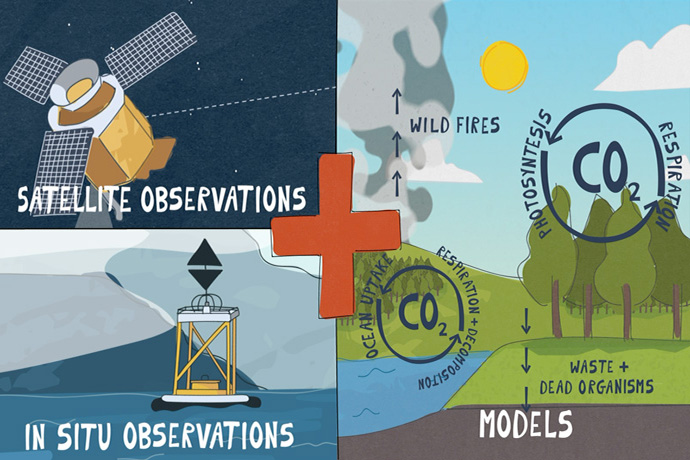

With last month’s release of the IPCC Special Report on Global Warming of 1.5°C, it has become even more apparent that current pledges fall short of limiting global warming to the objectives stated in the Paris Agreement. Agreed by 195 nations at the 21st Conference of the Parties to the United Nations Framework Convention on Climate Change (UNFCCC) in December 2015, this Agreement included the aim of strengthening the global response to the threat of climate change by ’holding the increase in the global average temperature to well below 2°C above pre-industrial levels and pursuing efforts to limit the temperature increase to 1.5°C above pre-industrial levels.’ As part of the Agreement, all Parties agreed to a global stocktake every five years, starting in 2023. The aim is to assess the collective progress towards achieving the purpose of the Agreement and to inform further actions to be taken by the Parties.
The European Union’s Copernicus programme has launched an initiative to support the stocktaking exercise with a new observation-based service to monitor CO2 emissions resulting from human activities. The analysis of these measurements will allow EU Member States and other countries to track progress in achieving the Paris Agreement goals. To illustrate the reasoning behind the service, as well as its goals, a short video has now been released.
Providing comprehensive emission data
EU countries, like all other countries that ratified the Paris Agreement, are committed to Nationally Determined Contributions for reductions in their greenhouse gas emissions. These contributions will be assessed through the five-yearly global stocktake. Copernicus’ proposed service will offer observation-based information to make the assessments more comprehensive and consistent worldwide.
Building observation and modelling capacity
To achieve this goal, the European Commission (EC) is working together with the European Space Agency (ESA), the European Organisation for the Exploitation of Meteorological Satellites (EUMETSAT) and ECMWF. The initiative builds on existing modelling infrastructure, includes the design of a series of unprecedented satellite and ground-based observation systems, and improves model-based analysis.
The new service will benefit from the modelling and data processing infrastructure and expertise that already exists within the Copernicus Atmosphere Monitoring Service (CAMS) and Copernicus Climate Change Service (C3S), both implemented by ECMWF on behalf of the European Union. Efforts are also in place to further develop these systems through the CO2 Human Emissions (CHE) project, coordinated by ECMWF, and the VERIFY project, which are funded by the EU’s Horizon 2020 programme. The ambitious CO2 programme is another example of how Copernicus turns science into services that address environmental challenges.
